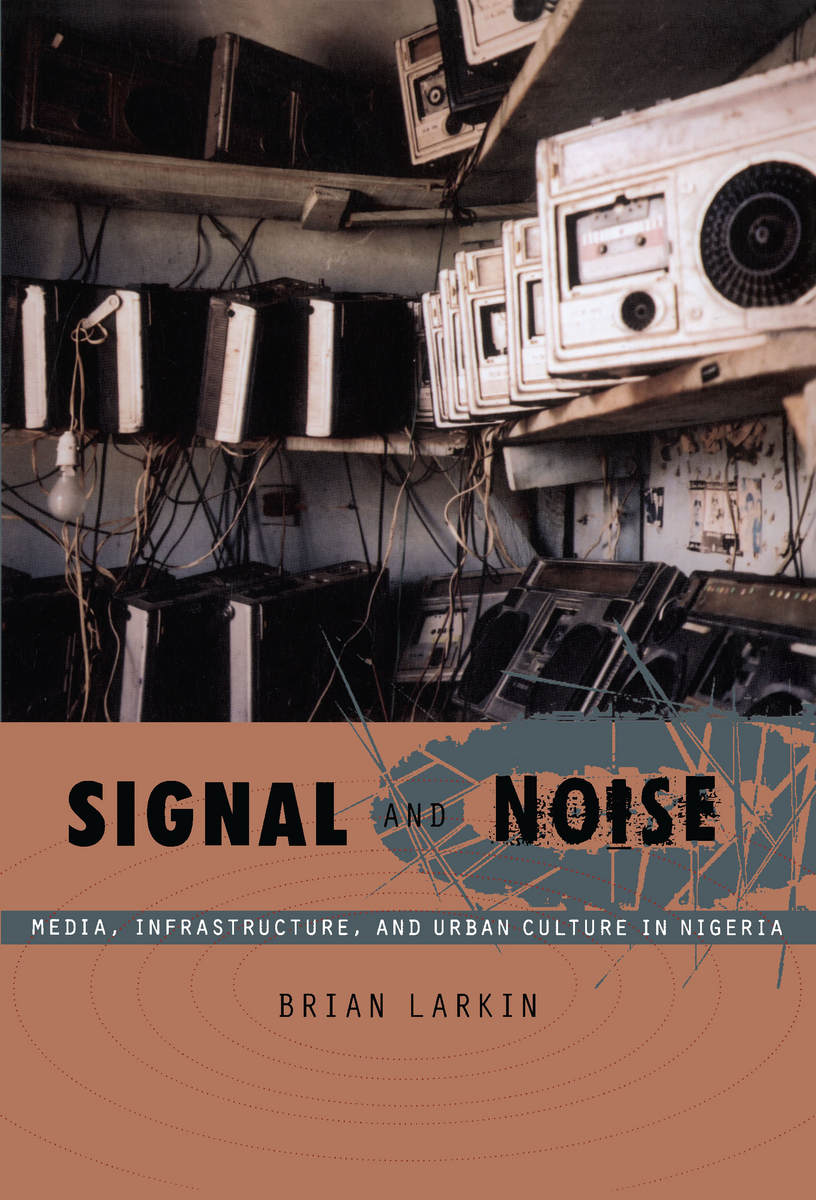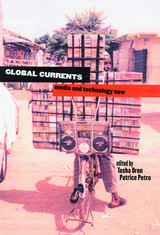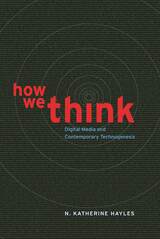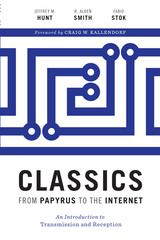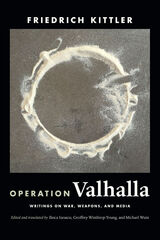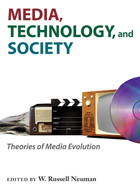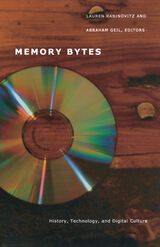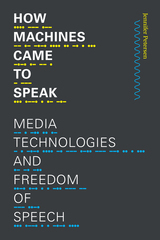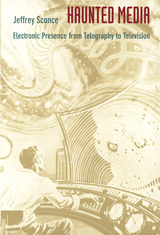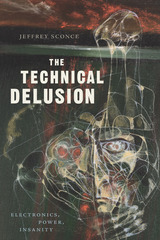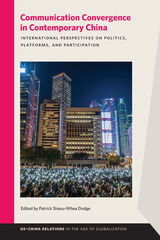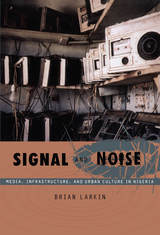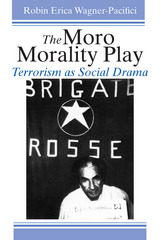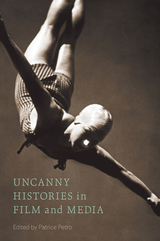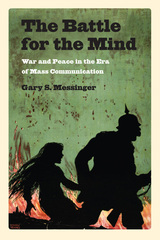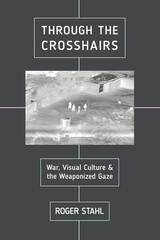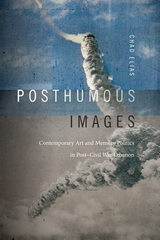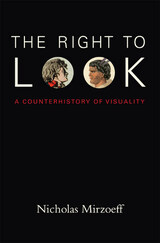“[A]n impressive study. . . . The study represents a door-opener into a wider analysis of the ways in which various parts of the urban society, from colonial times until most recently, negotiate technical and economic changes, create meaning, develop modes of coping and resistance and local cultural styles beyond a simple adaptation to new technological projects.” - Tilo Grätz, Social Anthropology
“This insightful, highly stimulating, and well-written book examines how media technologies entered into 20th century northern Nigeria society, and how their initial association with colonial rule, and also their material qualities and the cultural possibilities they enabled, transformed public and social life in sometimes unexpected ways. . . . [A] highly innovative study of colonial and postcolonial urban culture in Africa. It also makes it a highly welcome contribution to scholarship on modernity and postcoloniality, on media and public culture, and to analyses of global media forms and consumption. It will fascinate a wide range of readers, granting stimulating analytical insights into the place of media in urban life.” - Dorothea E. Schulz, American Ethnologist
“With considerable analytical power, Larkin explains how to locate cultural texts in an urban space, understand the leisure of social bonding, connect the household into powerful structures of capital and state, and relate technologies of radio and electricity to the political order and the critique of the state and political holders. Recommended. General collections, graduate students, faculty.” - T. Falola, Choice
“Larkin’s work is impressive in its theoretical and analytical depth, rich empirical details, and astute observations and summaries about cinema and modernity in urban Nigeria. This work is as much a development communication project as it is an anthropological study or a cinema studies project. . . . [T]he book makes excellent reading for students and scholars in a series of disciplines and sub-disciplines, including international and development communication.” - Sujatha Sosale, Global Media Journal
“Larkin has developed a richly researched study of media cultures in Nigeria. Equipped with language skills and a nuanced understanding of local Muslim religious practices and traditions, Larkin offers a vivid account of the emergence of modern Nigerian media infrastructures. . . . Signal and Noise inspires new ways of thinking about what media technologies are, how they have emerged in different ways in different parts of the world, and how local and national Nigerian actors have contended with the forces of the global media economy.” - Lisa Parks, Cinema Journal
“A true intellectual tour de force, Signal and Noise should have a major impact on the way we understand Africa in the contemporary period.”
- Kenneth W. Harrow, African Studies Review
“This eagerly anticipated book is a wonderful contribution to several fields: media studies, cultural studies, African studies, anthropology, and analyses of globalization. Brian Larkin writes with eloquence and passion, and he compels us to rethink our assumptions about the work of transnational media and the formation of identity.”—Purnima Mankekar, author of Screening Culture, Viewing Politics: An Ethnography of Television, Womanhood, and Nation in Postcolonial India
“This thoughtful, scholarly, and original book links the transnational traffic of media forms to the logics of the colonial state and to the vulnerabilities of large cities in Africa. It will provoke new thinking among Africanists, urbanists, anthropologists, and all students of globalizing media processes. Brian Larkin is a major new voice in the study of media as lived infrastructure in a world of uneven connectivity.”—Arjun Appadurai, author of Fear of Small Numbers: An Essay on the Geography of Anger
“[A]n impressive study. . . . The study represents a door-opener into a wider analysis of the ways in which various parts of the urban society, from colonial times until most recently, negotiate technical and economic changes, create meaning, develop modes of coping and resistance and local cultural styles beyond a simple adaptation to new technological projects.”
-- Tilo Grätz Social Anthropology
“A true intellectual tour de force, Signal and Noise should have a major impact on the way we understand Africa in the contemporary period.”
-- Kenneth W. Harrow African Studies Review
“Larkin has developed a richly researched study of media cultures in Nigeria. Equipped with language skills and a nuanced understanding of local Muslim religious practices and traditions, Larkin offers a vivid account of the emergence of modern Nigerian media infrastructures. . . . Signal and Noise inspires new ways of thinking about what media technologies are, how they have emerged in different ways in different parts of the world, and how local and national Nigerian actors have contended with the forces of the global media economy.”
-- Lisa Parks Cinema Journal
“Larkin’s work is impressive in its theoretical and analytical depth, rich empirical details, and astute observations and summaries about cinema and modernity in urban Nigeria. This work is as much a development communication project as it is an anthropological study or a cinema studies project. . . . [T]he book makes excellent reading for students and scholars in a series of disciplines and sub-disciplines, including international and development communication.”
-- Sujatha Sosale Global Media Journal
“With considerable analytical power, Larkin explains how to locate cultural texts in an urban space, understand the leisure of social bonding, connect the household into powerful structures of capital and state, and relate technologies of radio and electricity to the political order and the critique of the state and political holders. Recommended. General collections, graduate students, faculty.”
-- T. Falola Choice
